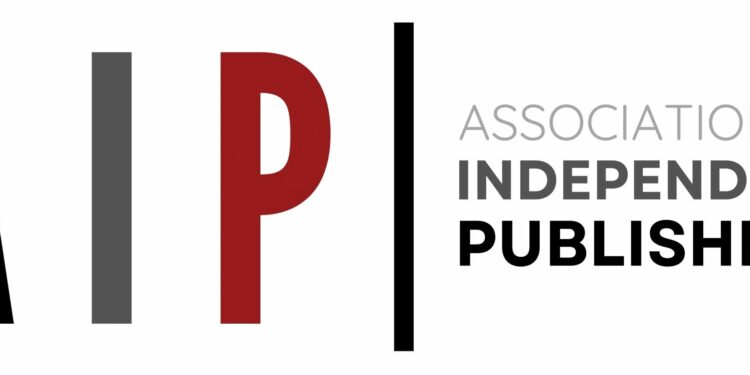MDDA CONTINUES TO FAIL LOCAL PUBLISHERS DISMALLY: FUTURE LOOKS BLEAK AS MDDA AND COMPETITION COMMISSION ALLOCATE MAJORITY OF EDF FUNDS TO PEOPLE NOT IMPACTED BY UNFAIR COMPETITION
On Friday 22 April 2022 the Association of Independent Publishers (AIP) Board met with the Media Development and Diversity Agency (MDDA) board to ensure that the Economic Development Fund (EDF) supports the sustainability of local media who were the victims of unfair competition. Unfortunately, no progress was made.
The EDF is a fund which was established by the Competition Commission South Africa (CCSA). The MDDA was appointed to administer it. In 2011 the Commission initiated an investigation into various large media companies. The investigation uncovered evidence that these companies, through the Media Credit Coordinators (MCC) had agreed to offer similar discounts and payment terms to accredited and non-accredited agencies that placed adverts with MCC members. The Commission found that the MCC was ultimately a pricing mechanism that breached the Competition Act, 1998 as these practices undermined competition and amounted to price fixing. As a result of these investigations the implicated companies were fined an amount of R39 million. The EDF was established to house these funds.
Over the years the AIP and its members have met with the Competition Commission and the MDDA to plead that a substantive portion of the funds be made available directly to assist independent publishers who bore the brunt of the unfair competition. However, these pleas have fallen on deaf ears. The CCSA and MDDA have instead chosen to allocate the funds primarily to target groups that were not negatively affected by the collusion, such as start-ups, students and military veterans.
The MDDA released a document on 17 January 2022 that confirmed that the amount collected was R39 million but only a tiny portion of the Fund (R5.2 million) would be disbursed for sustainability projects (that would assist surviving publishers) – the rest would go to student bursaries (about R14 million), start-up projects already funded by the MDDA (about R14 million) and the MDDA administration of the Fund (about R4m). (The administration costs of the fund are in fact just less than the funds allocated to sustainability.)
We believe that allocating a larger portion of the Fund to produce more unemployed graduates through bursaries will only contribute to the unemployment problems in the industry. We believe allocating a larger portion of the fund to the sustainability of local print and online publications will in fact be a far better solution to absorbing graduates.
At the end of January 2022, the MDDA sent out an advertisement calling for applications to the Fund, giving applicants only a single month to apply. The AIP immediately expressed its distress and met with both the MDDA and CCSA to discuss the criteria again. Again, no progress was made.
A small glimmer of hope then appeared when the MDDA Board stated that they were happy to meet with the AIP Board on 22 April to discuss the matters. The AIP once again put forward our reasonable requests:
- To amend the MoU signed between the MDDA and the Competition Commission.
- To amend the application criteria to favour publishers that were directly impacted by the collusion and unfair competition.
- To re-allocate funds to ensure that sustainability projects were given at least R19.2 million.
- To extend the application process by a further 2 months.
To our grave disappointment the Board stated that there was in fact nothing that it could do on any of the requests. (Although the board had amended the criteria of the Fund previously.) The board stated that it had in fact already adjudicated the allocation of funds and would be distributing these shortly. The board confirmed that it had only set aside R5.2m of funding for publishers impacted by the unfair competition – and no further funds would be allocated. The board also stated that it was not prepared to re-open the applications to allow for more time. In a nutshell the board stated that there was nothing it could do for local publishers in small towns and rural areas, although support for print and online publications is precisely its legislated mandate.
The AIP is now going back to its members to discuss the matter further including the next steps. We believe that the MDDA Board is failing in its fiduciary duties to serve the interests of online and print publishers. It needs to be held accountable.










